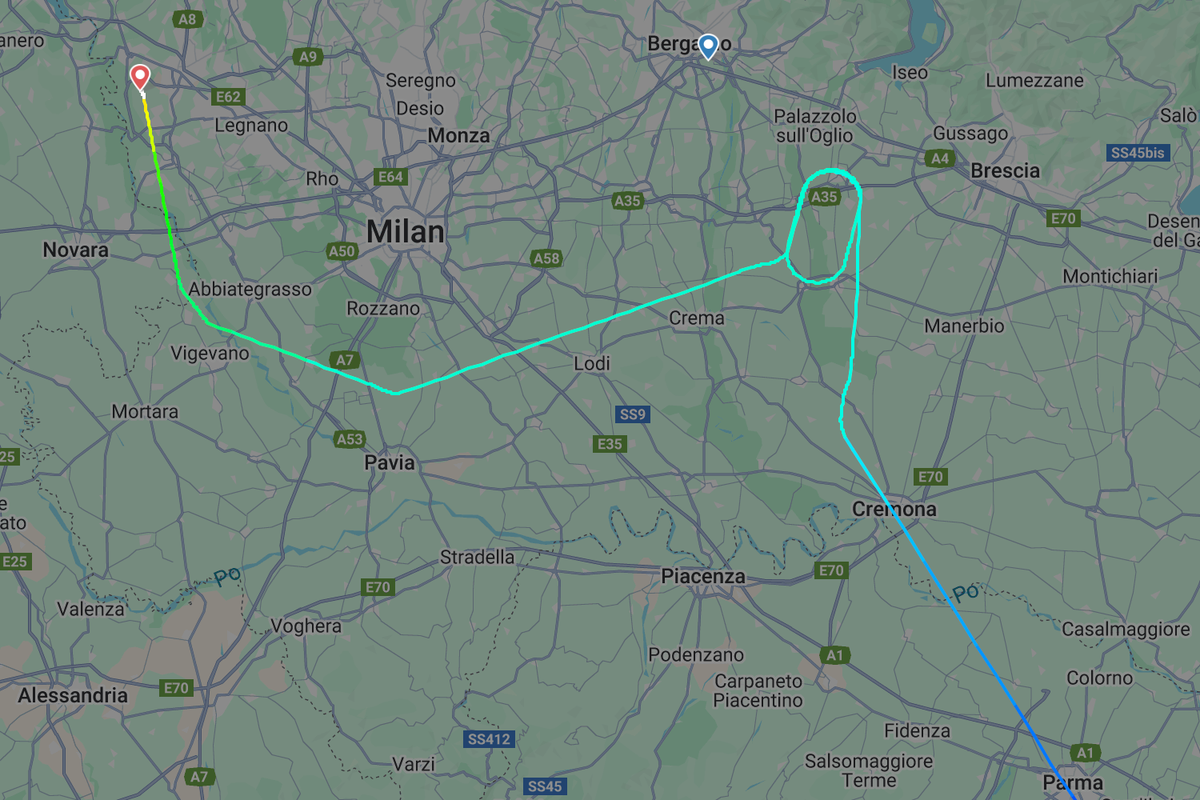Train strikes: How can I get to Glastonbury and which rail lines are open?
A two-year wait and now there’s a train strike? Nightmare. Here’s how to get around it and reach the iconic festival

In a rough twist of fate, after two summers cancelled due to Covid-19, Glastonbury Festival falls the same week as an intense series of UK-wide train strikes.
It comes after members of the RMT rail union voted 8:1 in favour of strike action over jobs, pay and conditions.
Their union has called nationwide rail strikes for three dates next week: union members at Network Rail and 13 individual train operators will stage 24-hour walkouts on 21, 23 and 25 June.
The industrial action is likely to affect services immediately before and after the strike dates, as well as the intervening Wednesday and Friday.
National Rail, as well as a number of train operators, have told travellers to avoid using the rail network where possible during next week.
However, if you’ve forked out £260-280 for a Glasto ticket, that may not be so easily done.
Glastonbury runs from Wednesday 22 to Sunday 26 June, so outbound train services are most likely to be affected, but return trains could see disruption from the knock-on effects of the strike.
Here’s everything you need to know.
Are trains running to Glastonbury?
The nearest train station to the Glasto site is Castle Cary, near the Somerset town of Pilton.
The classic route from London is London Paddington to Castle Cary, less than two hours direct on GWR, though other services change at Bath Spa if you need more flexibility. This route is set to run during the train strikes.
However, GWR has said it will be operating a significantly reduced timetable, with only 30 per cent of services operating on strike days.
Trains from Bristol Temple Meads and Bath Spa - on the same London-Taunton route - will also run. Trains from Cardiff Central, changing at Filton Abbey Wood, are also expected to run on strike days.
Much of Dorset and Cornwall will be cut off from train routes to the festival.
Trains from Portsmouth Harbour, Weymouth, Exmouth, Paignton and Barnstaple up towards Somerset are set to be wiped out by the strikes - though trains will run from Plymouth and Exeter.
No services from Cornwall - including Newquay, Looe, Falmouth, Penzance and Gunnislake branches - will run up towards Devon and Somerset on the three strike days.
If you’re coming from Wales outside Cardiff, only a few valley lines outside will have trains running into the Welsh capital on strike days, so you’ll have to make alternative arrangements to get to Cardiff in order to catch onward trains to Glastonbury.
From the north of England and Scotland, festival-goers will be able to connect to a reduced train service from Edinburgh, Glasgow, Newcastle, Liverpool or Manchester. However, train stations in Cheshire, Lancashire and much of Scotland will be cut off on strike days.
Norwich will also see some trains into London, though much of East Anglia is set to be cut off.
Trains from Gatwick Airport to Reading, for connections onward into Somerset, will not run.
What about the non-strike days?
National Rail and individual train operator bosses have warned that disruption from the strikes will likely bleed into the other four days of next week. Expect more passengers than usual cramming on to trains and delays to services.
What alternatives are there to the train?
Many people recommend getting a bus to the Glastonbury site, even if the train is an option. This is because arrivals to Castle Cary during the festival need to wait for a shuttle bus to the festival site, often resulting in huge queues and long waiting times. The shuttle bus runs every 15 minutes from Castle Cary on peak arrival days, and every 30 or 60 minutes on other days of the festival.
National Express runs a direct coach from Bristol City Centre to the festival site, as well as 69 other locations, while you can get local buses from Bath or Bristol centre.
Meanwhile, FlixBus has increased daily services on strike days, particularly on popular routes between London and Cardiff, Bristol, Reading and Plymouth, among others.

 Konoly
Konoly 
































